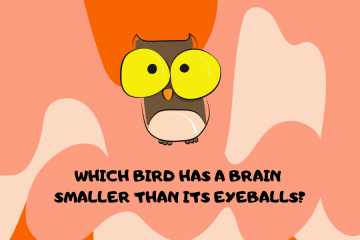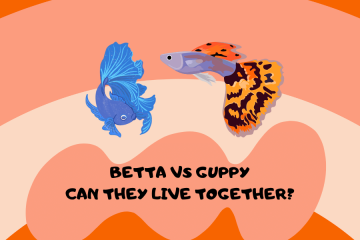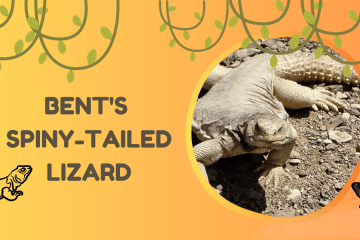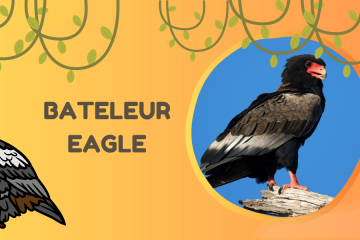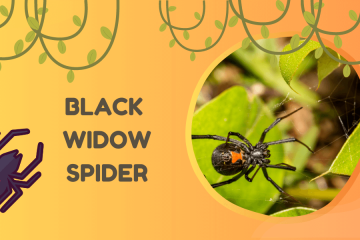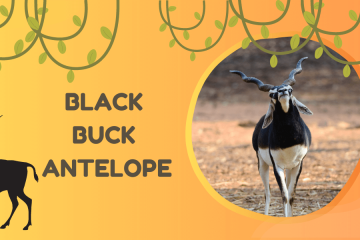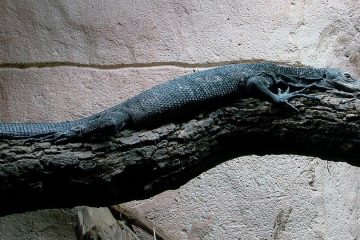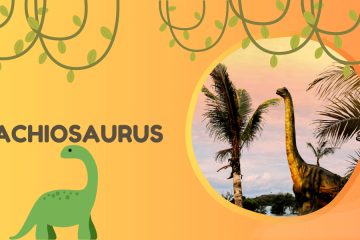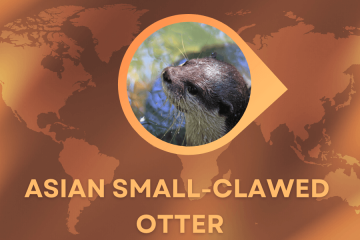Fossa are the largest meat-eater on the island of Madagascar. They are most closely related to civets and mongoose. They have excellent climbing abilities and will often chase lemurs through the trees. They have a blunt, catlike face with long whiskers and rounded ears.
They are covered with short, thick fur that is usually a reddish brown in color. However, black animals are not uncommon. Fossa also have short, curved, retractable claws. Fossa also possess scent gland which they use to mark their territory.
Food
Fossa are meat-eaters and their diet includes small mammals, birds, reptiles, amphibians and insects.
Habitat
Fossa inhabit the forested areas of Madagascar. They range from the coastal areas to the mountainous areas up to 6500 feet.
Predators
The fossa’s only predator is man.
Social Structure
Fossa are shy animals usually active in the evening or at night. They will move around occasionally during the day. They are solitary except for during the mating season. They are also not very aggressive during the mating season. During mating season they will come together in fights that start out with aggressive body language and sounds and end up with each combatant trying to bite the other into submission.
Birth & Offspring
Young fossa are born weighing approximately 3 ounces. They are blind and toothless but do have fur. Young fossa are weaned at 4.5 months and leave the den for the first time. They will stay with their mother until they are 15 to 20 months old.
Senses
Fossa have excellent senses of sight, hearing, and smell.

Lydia King is a huge animal lover and has always been fascinated with learning about the animal kingdom. She enjoys writing about anything animal related from scientific information about rare species to animal references in pop culture.

